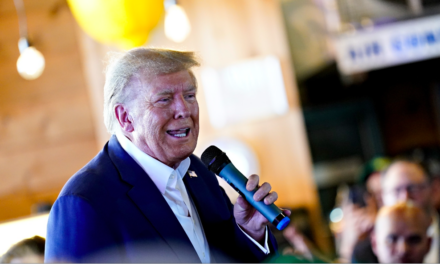On June 1st of this year, the European Union (EU) became the first major jurisdiction with a comprehensive law governing the cryptocurrency sector. The bloc’s Markets in Crypto Assets (MiCA) law governs a number of sectoral aspects, including insider trading and the issuance of stablecoins and other tokens.
What is interesting to note is that even a law as overarching as MiCA appears to have ignored the practice of cryptocurrency staking – and insiders have questioned why this aspect of the industry remains a gray area, as well as whether or not it should be kept that way.
For Christine Lagarde of the European Central Bank, the non-inclusion of crypto staking in MiCA is something that will be addressed when the law is amended or when a complementary law is passed. But the passing and amendment of laws is a time-eating exercise that could take years and industry denizens feel that, between now and the passage of such legislation, a lot could happen where crypto staking is concerned.
Setting a Legal Definition
Coinbase’s vice-president for international policy Tom Duff Gordon opines that staking is a key aspect of the crypto sector and one that requires regulation – something he feels was an oversight on the part of those who authored MiCA. Indeed, Gordon feels that the least MiCA’s proponents could do in the meantime is release a legal definition of what staking is to better educate the public.
This is a sentiment shared by European Commission tax official Luis Calvo-Parra Martinez who believes that having a legal definition for crypto staking services will help establish the fact that it is a low-risk endeavor necessary for securing blockchain networks.
But while putting up a legal definition of crypto staking helps, Gordon and other worry that regulators may still come to false conclusions regarding the practice, leading them to assume that it is a lending instrument or one for managed investments. In which case, ratifying such a definition should be done properly as opposed to ratified hastily to the detriment of the sector, as well as government regulators.















